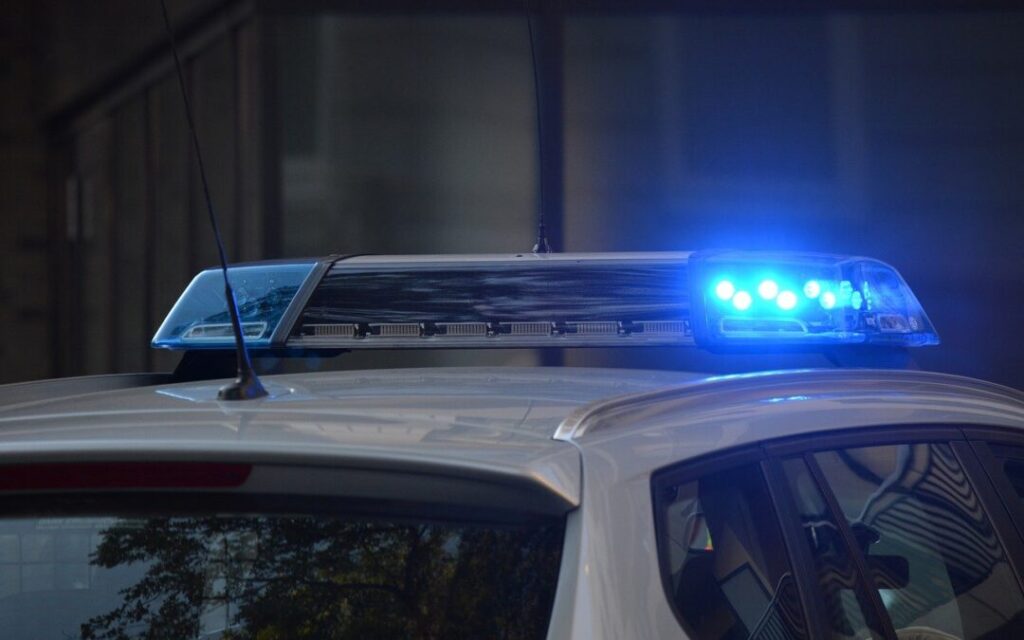Related FAQ's
Related Videos
Related Blogs
Is it a Good Idea to Take Field Sobriety Tests?

Even though driving while intoxicated (DWI) is one of the more common crimes committed in Texas, there are plenty of misconceptions and misunderstandings surrounding this criminal charge. Specifically, it’s worth reevaluating the common wisdom around submitting to certain tests the police might ask you to perform on the roadside. This blog will cover some key considerations you should keep in mind if you are ever pulled over and evaluated for suspected DWI.
What are Field Sobriety Tests?
Field sobriety tests are the first round of examinations an officer will ask you to perform if he or she suspects you were driving your car after having had too much to drink. There are three tests that comprise the Standard Field Sobriety Test:
- The Horizontal Gaze Nystagmus Test
- The Walk-and-Turn Test
- The One-Leg Stand Test
The Purpose of Field Sobriety Tests
The purpose of administering field sobriety tests is to obtain probable cause for making a DWI arrest. Even under normal circumstances, these tests are difficult to pass with flying colors. So, it’s not hard to understand why people who weren’t drinking alcohol prior to being pulled over have had trouble with these tests. Non-alcohol related issues that could impact your performance on these tests include:
- Fatigue
- Nervousness
- Naturally poor balance
- Brain damage
- Eye damage
- Certain medications
Despite the officer’s insistence that performing field sobriety tests is good for you and your case—”If you’re not impaired, you should have no problem with these tests”—it is usually wise to not consent to field sobriety tests. Unfortunately, if an officer suspects you are driving while intoxicated, there is a good possibility you will be arrested for DWI whether or not you consent. Therefore, we recommend you not give the prosecution any more evidence than you are required to give.
Using a Breathalyzer
At some point after an officer has pulled you over on suspected DWI, he or she will likely ask you to blow into a breathalyzer to get your BAC. If your BAC is at least a .08, you will be arrested for DWI (the limits are different for those driving commercial vehicles and those under 21). Unless you are absolutely sure you will not blow at least .08, it is not a good idea to submit to this test.
Implied Consent
There are no statutory penalties for refusing to submit to field sobriety tests. However, that is not the case with breath tests. If you refuse to blow into a breathalyzer after an officer makes the request, your driver’s license will (likely) be automatically suspended for a minimum of 180 days. This is due to Texas’ implied consent law, which means licensed drivers are legally required to submit to a chemical test.
It’s understandable if you’re worried about a license suspension. Keep in mind that even if you do submit to a breathalyzer, it’s likely your license will be suspended anyway. And, there is a process where your attorney can fight to get you certain driving privileges while your case is ongoing. You will, however, need to act fast to take advantage of this
Contact Kimbrough Legal
Hopefully, you will never have to use the information contained in this blog. If you do, though, it’s important to remember that you should generally not submit to either field sobriety or breathalyzer tests. If you have already been arrested on DWI charges, we can still make a huge difference in your case—no matter how much evidence you think the prosecution has. Let us help you take control of your future today; call our firm at 833-553-4521 to set up a consultation.
The information in this blog post (“post”) is provided for general informational purposes only and may not reflect the current law in your jurisdiction. No information in this post should be construed as legal advice from the individual author or the law firm, nor is it intended to be a substitute for legal counsel on any subject matter. No reader of this post should act or refrain from acting based on any information included in or accessible through this post without seeking the appropriate legal or other professional advice on the particular facts and circumstances at issue from a lawyer licensed in the recipient’s state, country or other appropriate licensing jurisdiction.
Kimbrough Legal, PLLC
5920 W. William Cannon Dr., Bldg 3, Ste 400
Austin, TX 78749
833-553-4251
http://kimbroughlegal.com/

